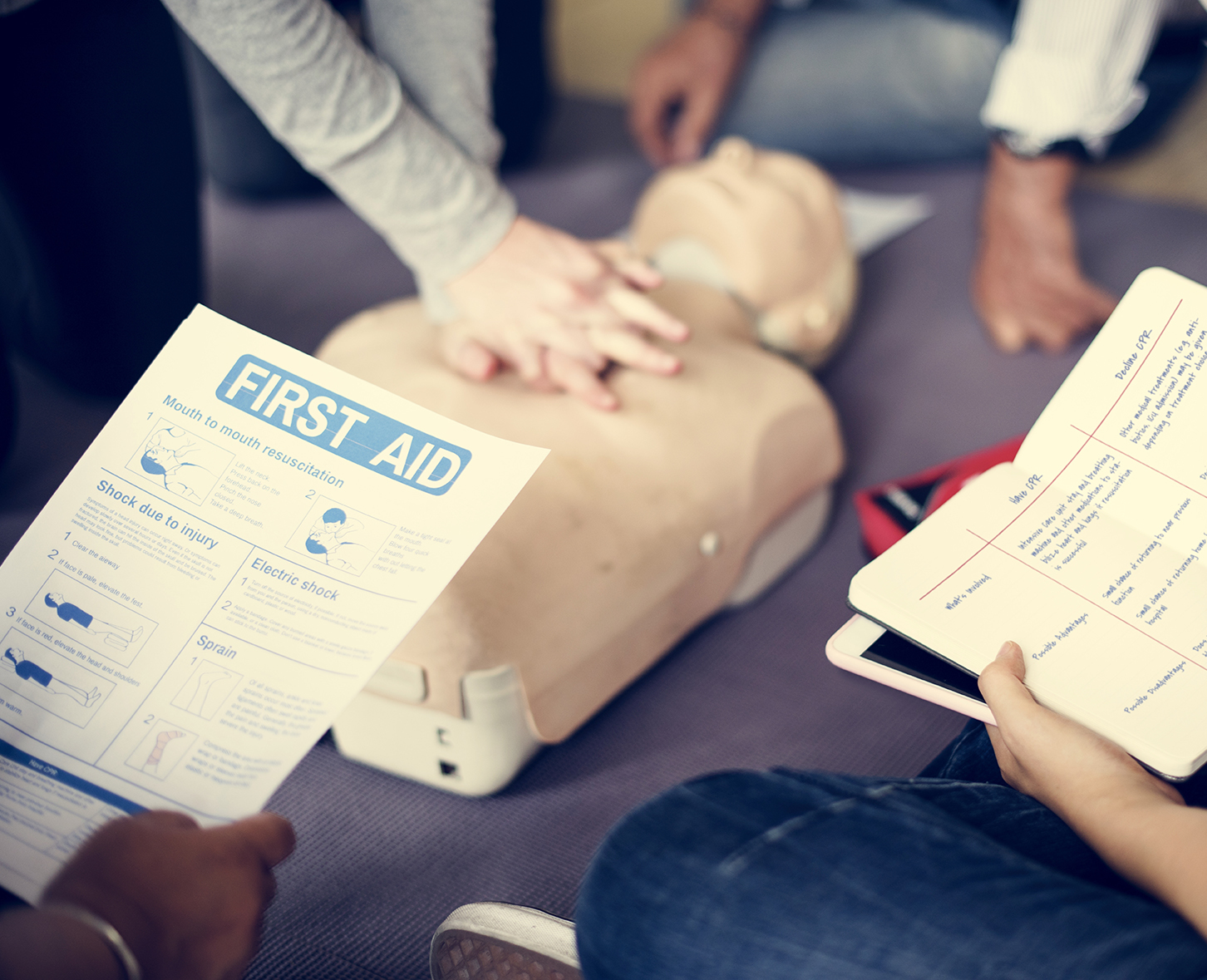The skills gap is a hot topic in the Health and Social Care sector as well as the wider economy. As demands for services increase, so does the need for staff who are able to provide a high quality and efficient service. As an employer and leader, it is essential to understand the level of demand for skills, and how you can both recruit top local talent as well as develop existing teams.
19% of Health and Social Care organisations reported having a skills gap, compared with 15% of the wider economy, according to the UKCES Employer Skills Survey. Below, Skills For Care notes the top hard and soft skills in demand in the sector.
Hard skills in demand
- Moving and Handling
- Administering Medication
- First Aid
- Personal Care
- Safeguarding
Soft skills in demand
- Offering Support
- Dependability
- Leadership
- Communication
- Understanding and Empathy
Community Care recognises a wider set of core skills needed for quality care and support. These areas are more general, needed for daily tasks.
Core skills
- English Language Skills
- Number Skills
- Digital Skills
- Employability and Additional Learning Activities
- Reflect on Learning
With English ranked as the number 1 core skills, it shows how important communication is for developing relationships, often a crucial element for promoting independence. Core skills are essential for daily front line activities such as:
- Communicating with service users
- Writing a care plans
- Reading and following a risk assessments
- Booking a health appointments online
- Recording fluid intake and output
The Department for Business, Innovation and Skills suggests that organisations with a skills gap experience increased costs, reduced efficiency as well as a general reduction in the quality of service provided. As an employer, your ability to not only build but maintain a skilled team is essential for an excellent service and your reputation in the local market.
There are a number of techniques which you can implement to up skill and develop.
- Qualifications – Supporting staff to earn qualifications around areas such as First Aid, Administering Medication and Manual Handling will not only help spread the workload, but also act as a fantastic way of promoting loyalty.
- Knowledge sharing – Senior members of your team will often have many of these skills mentioned above. Offering staff the time to share knowledge, whether it is through structured training or job shadowing, is an effective method for up-skilling.
- E-learning – Online courses give front line workers invaluable knowledge around a range of areas, from safeguarding and reablement to techniques for promoting independence in your specific service area.
Working with a reputable recruiter
A fast and effective way for increasing the skills in your team is to recruit top talent. Along with our array of candidate attraction techniques, our presence in the local market means that when you call your local BS Social Care branch you have instant access to quality candidates. Contact your local branch to find out more.
